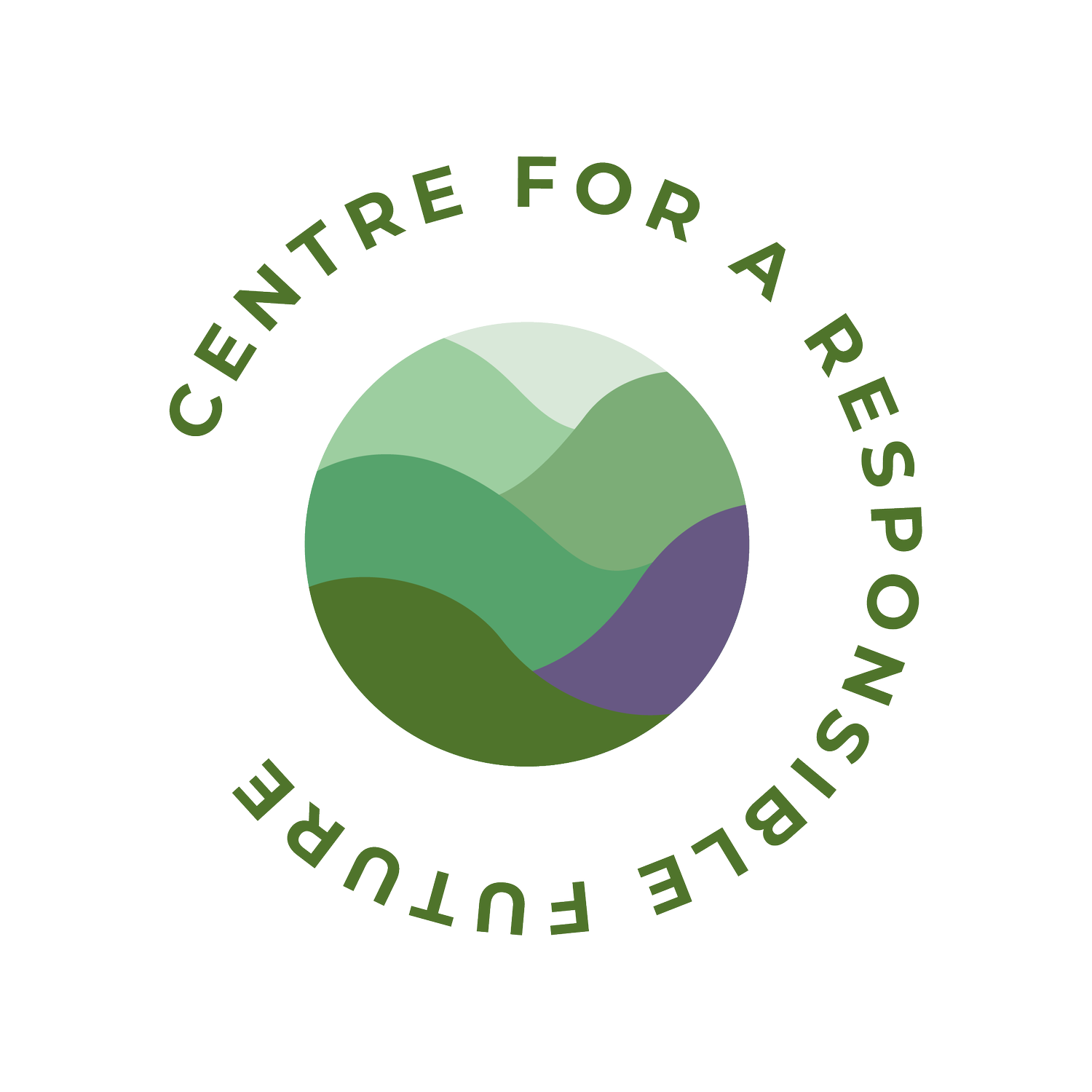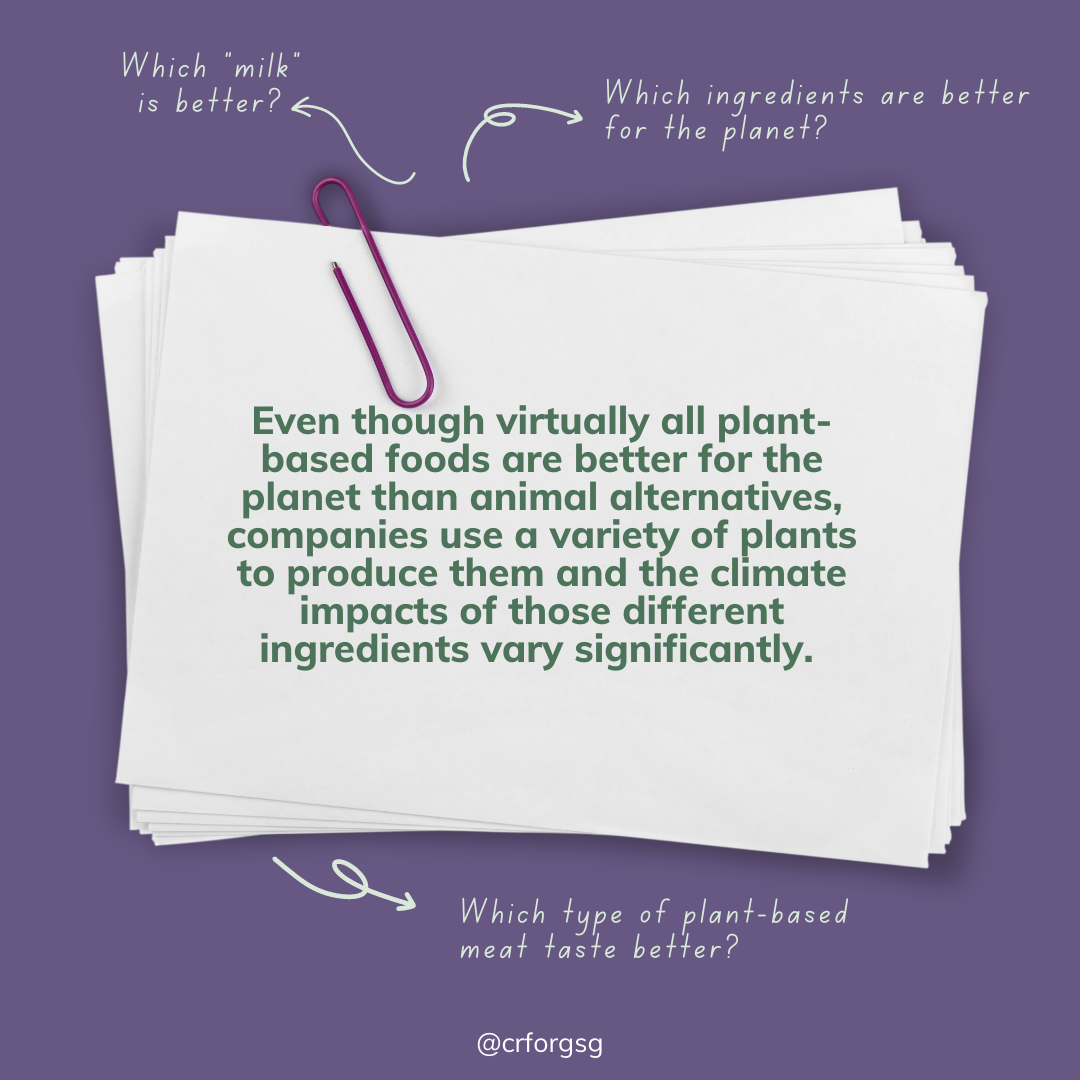#2. Not all Plant-based Foods are the Same
How you eat and what you eat matters for the planet. In this 3-part blog series, we look at how choosing the right ones can do more to help save the planet.
While shifting from meat to plant-based foods is essential for reducing climate change, it is also important to realise that not all plant-based foods are the same. Even though virtually all plant-based foods are better for the planet than animal alternatives, companies use a variety of plants to produce them and the climate impacts of those different ingredients vary significantly.
Soybeans, a key ingredient for Impossible burgers, are one of the least sustainable plant-based foods because of their extensive land usage. As Impactful Ninja writer Quynh Nguyen noted, soy is also often produced in intensive monoculture forms that devastate ecosystems such as the Amazon rainforest.
If it comes down to a Beyond Burger or a bean burger, University of Oxford environmental scientist Marco Springmann told Popular Science, that Beyond has a massively greater negative environmental impact, even though its main ingredient is peas.
One solution, according to social movement platform Global Citizen, is to replace meat with tempeh or seitan. These meat alternatives work well because they absorb other flavours, have the chewy textures people crave and contain high levels of protein. Tempeh is made from fermented beans and seitan from wheat gluten. Bean, lentil and mushroom burgers are also good alternatives because crops like beans and lentils improve the health of soil and use far less water and land than livestock. And there are other advantages to these ingredients too. As New York Times writer Tejal Rao wrote, “patties made with black beans, tofu, mushrooms or a combination are infinitely more delicious than (other) plant-based meat substitutes.”
There are differences among milks, too. Whereas a litre of soy milk requires 297 litres of water to produce and creates 0.975 kilograms of carbon dioxide (CO2) emissions, according to the Climate School at Columbia University, producing a litre of oat milk requires just 48 litres of water and creates 0.90 kilograms of CO2 emissions. That said, the choice is complicated. While all non-dairy milks are much better for the environment than cow’s milk because they use less land and water while generating less greenhouse gases, almond milk produces the lowest greenhouse gas emissions, yet it requires the more water than any other vegan milk. Soy milk uses the least water, with only slightly higher emissions.
There are similar choices to be made in plant-based cheese, yogurt, pork, chicken and other products as well. As Thoughtful Foods country Director Karen Lam mentioned during a recent CRF Monthly Talk, she was concerned when she read lists of more than 20 ingredients in plant-based foods in Singapore and wanted to be part of an organisation that provides healthier alternatives. Consumer must read the labels and do some research about the environment impact of the ingredients in their food if they truly want to live plant-based, improve their health and help save the planet.
By Richard Hartung
Richard is currently the Treasurer of Centre for a Responsible Future. He has more than 20 years of experience in consumer financial services and is also a freelance writer for newspapers, magazines and corporates, with a deep interest in sustainability and plant-based diets.


